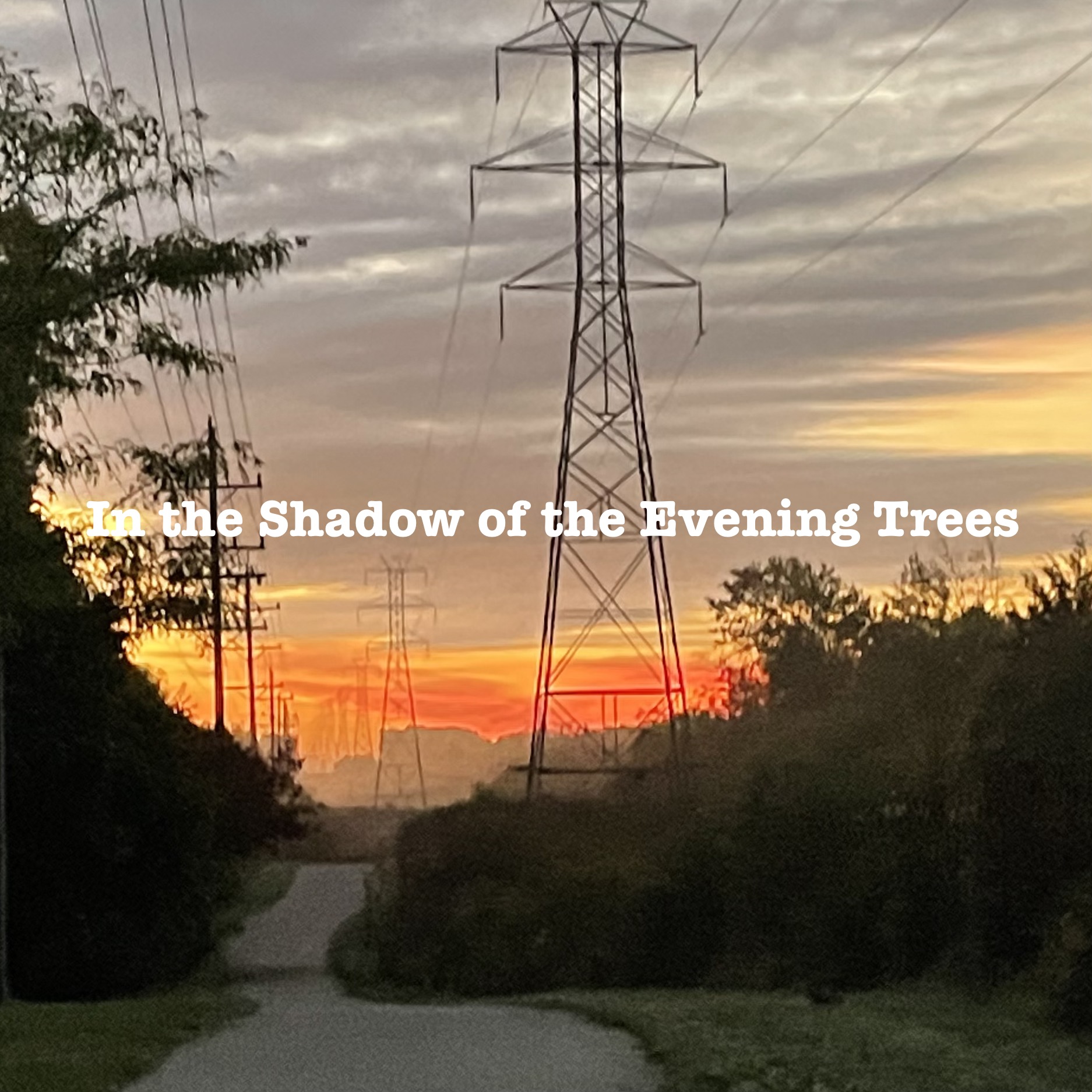- After-Shows
- Alternative
- Animals
- Animation
- Arts
- Astronomy
- Automotive
- Aviation
- Baseball
- Basketball
- Beauty
- Books
- Buddhism
- Business
- Careers
- Chemistry
- Christianity
- Climate
- Comedy
- Commentary
- Courses
- Crafts
- Cricket
- Cryptocurrency
- Culture
- Daily
- Design
- Documentary
- Drama
- Earth
- Education
- Entertainment
- Entrepreneurship
- Family
- Fantasy
- Fashion
- Fiction
- Film
- Fitness
- Food
- Football
- Games
- Garden
- Golf
- Government
- Health
- Hinduism
- History
- Hobbies
- Hockey
- Home
- How-To
- Improv
- Interviews
- Investing
- Islam
- Journals
- Judaism
- Kids
- Language
- Learning
- Leisure
- Life
- Management
- Manga
- Marketing
- Mathematics
- Medicine
- Mental
- Music
- Natural
- Nature
- News
- Non-Profit
- Nutrition
- Parenting
- Performing
- Personal
- Pets
- Philosophy
- Physics
- Places
- Politics
- Relationships
- Religion
- Reviews
- Role-Playing
- Rugby
- Running
- Science
- Self-Improvement
- Sexuality
- Soccer
- Social
- Society
- Spirituality
- Sports
- Stand-Up
- Stories
- Swimming
- TV
- Tabletop
- Technology
- Tennis
- Travel
- True Crime
- Episode-Games
- Visual
- Volleyball
- Weather
- Wilderness
- Wrestling
- Other
Episode 31: Transitioning While Famous, and the Supreme Court Strikes Out
On this week’s episode, after reminiscing about being in New York City last year for the 4th of July and giving a shoutout to Garland and Claire Jeffreys for commenting and sharing last week’s podcast, we get down to business. First, we talk about Elliot Page’s book Page Boy: A Memoir, which Jennifer highly recommends. Navigating becoming famous while coming to terms with being transgender is not an easy thing to do, but Elliot has managed to do it with grace. And that brings us to a discussion of other people who’ve transitioned while in the limelight, including Grammy-winning artist Wendy Carlos, who brought the Moog synthesizer to Bach and other classical composers in the 1960s and ’70s, and Chaz Bono, who began to transition around 2008 and sat down with David Letterman for a memorable interview in 2011. In this same conversation, we talk about Gina Chua, former executive editor at Reuters with a decades-long, high profile career in journalism, who transitioned during the COVID-19 pandemic. In a 2021 New York Times story, she said the pandemic gave her the privacy and time to be able to “grow into her skin.” Chua is the most senior transgender journalist in the country. In the Times article she says, “There are a lot of people who are 14 years old who would like to know that this is not a death sentence.” She continues, “It’s not a millstone. It’s something you can be proud of, it’s something you can celebrate and something you can live with.” Finally, we turn to the recent Supreme Court decision in 303 Creative LLC v. Elenis, where the Court considered a web designer’s challenge to a Colorado civil rights law that might, theoretically, possibly, maybe, someday … require her to create a wedding-related website for a same sex couple. The only problem is, no same sex couple has ever actually asked her to do that, so her entire case is based on mere speculation. That’s the kind of case that courts ordinarily throw out because, without an actual injury, a plaintiff has no standing to bring a lawsuit in the first place. Not so much under the current Bizarro-World Supreme Court, apparently. But it’s actually worse than that. At some point during the case, anticipating a challenge to her standing, the plaintiff filed a declaration under penalty of perjury stating that a same sex couple named Stewart and Mike contacted her company to inquire about a wedding website. Though the documents the plaintiff filed provided Stewart’s telephone number, no one bothered to verify the story. Except for a journalist named Melissa Gira Grant, who published a piece in The New Republic on June 29, 2023, one day before the Supreme Court delivered its opinion. In her New Republic article, Grant reveals — and other media outlets have since confirmed — that the story is simply untrue. Stewart never reached out to 303 Creative, never knew that they used his name in their case, and absolutely never requested that 303 Creative design a website for him. In fact, Stewart himself is a web designer and was already married at the time of the alleged contact … to a woman, not to a man named Mike. Apparently, some folks are so consumed with their own hate that nothing else matters, least of all the truth. So, anyway, please enjoy this week’s episode, feel free to share your thoughts in the comments, and, as always, support the rights of LGBTQIA people everywhere! And if you’re new here, you can also follow our

